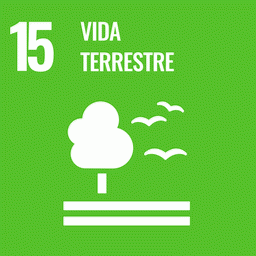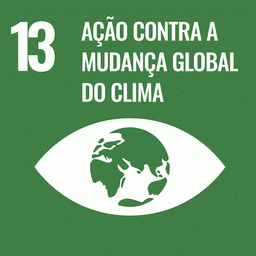Several hypotheses have been proposed to explain the mechanisms that generate temporal and spatial species richness patterns. We tested four common hypotheses (water, energy, climatic heterogeneity and net primary productivity) to evaluate which factors best explain patterns of Zygoptera species richness. Of these, we predicted that climatic heterogeneity would be the most important predictor for Zygoptera richness patterns. We sampled communities of adult Zygoptera in 100 small Amazonian streams. Based on generalized linear mixed models (GLMM), we found that net primary productivity and climatic heterogeneity comprised the best model of Zygoptera species richness in Amazonian streams, with an pseudo r2 of 39.5%. Results indicate that species richness increases by one species per 1 kg of biomass per square meter in NPP, or with an increase of 2 °C in air temperature variability. Our work corroborates a recent study with other taxa in Brazilian Bioms. This suggests that temporal variation in climate and net primary productivity are important predictors of the macroecological patterns of richness for aquatic organisms in tropical regions.
Sustainable Settlements Project – Report
The Sustainable Settlements Project (PAS –Projeto Assentamentos Sustentáveis in Portuguese) was initiated in 2012, with the support of the Amazon Fund and the FVPP (Live, Produce and Preserve Foundation in the Portuguese acronym), with the challenge of proposing and implementing a model that associates increased income for family farmers and reduced deforestation levels in Land Reform.

